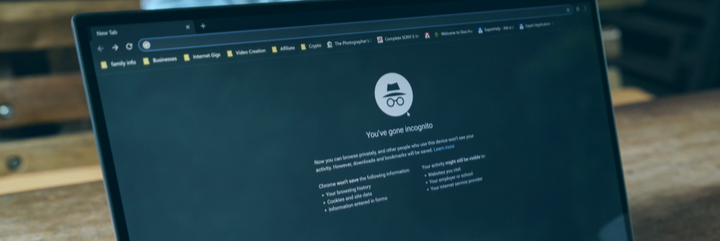- Past Event Highlights
- Article
Preparing for Google’s 2024 Privacy Changes
On June 25, OptiMine dove into the specifics of Google’s privacy changes and revealed how these changes will impact the marketing and measurement landscape. Traditional forms of measurement will no longer be viable as privacy-driven data loss continues to diminish accuracy, coverage and reliability. Attendees gained applicable strategies on how their brands can adapt before it’s too late.
Member Only Access




